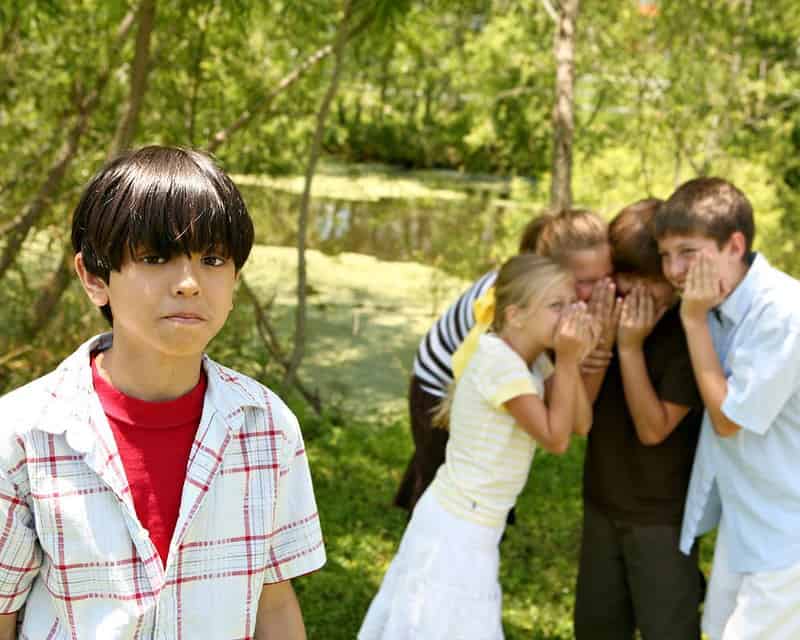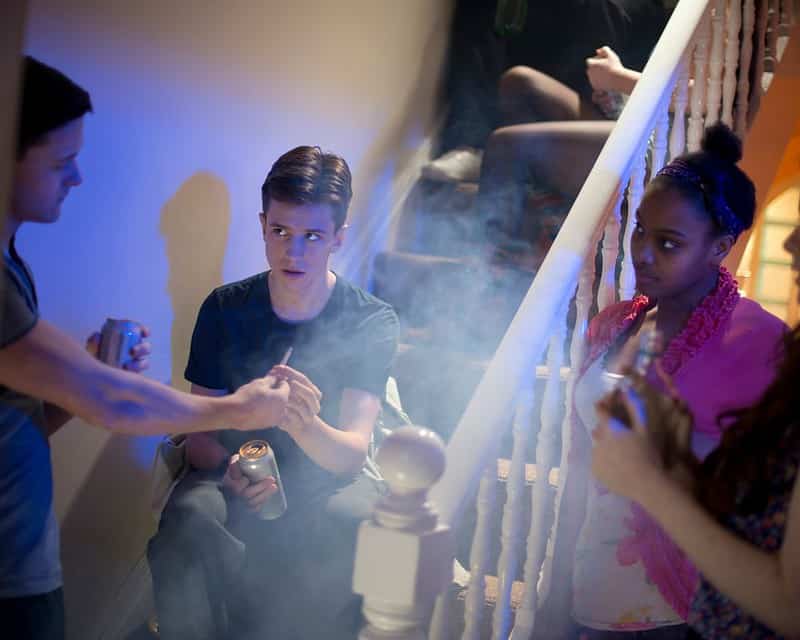Something a lot of parents will want to be prepared for is peer pressure. This is when a person, normally a friend or another student at school, will encourage another child to do something unheard of. It could be something in poor taste, a new activity, or even something illegal, so it’s important to teach your child early on what peer pressure can look like and how to help them.
Recognise what can be bad forms of peer pressure

Not every form of peer pressure should be viewed as bad. Good forms of peer pressure will be in controlled environments, such as encouraging your child to play a different game or trying new food.
It’s when it’s bad that it can cause particular issues. Something that can be viewed as negative is more likely to impact your child’s behaviour and thought processes. So, for example, skipping school or doing something illegal would be extreme versions of peer pressure. Bullying is often adopted in these sorts of scenarios as well, and children can feel uncomfortable and overwhelmed if they choose to say no.
Identifying what constitutes a poor form of peer pressure will help ease these woes. They can then think about what would come from that if they did succumb to peer pressure.
Teach your child how to say no
Saying no is a good thing and shouldn’t be viewed as withdrawing from something you don’t want to do. In fact, it will be a good time to help your child practice saying no in front of you as well – not everything we suggest will be a good fit for them.
To help them along with this, we recommend role-playing ways where they can decline a request. Say no to them as well – it might upset them, but you are showing them how they can react and also how they can remain focused on their goals. Children can feel afraid to say no sometimes, but it’s actually a really good sign of improved confidence in young children and adults.
Describe the consequences of peer pressure

There will also be the top tactic in helping any child understand why something is bad – highlighting the consequences. Your child will get into muddy waters at some point in their life, be it a mild issue or a bigger problem. Explaining what could happen to them beforehand can give them a wake-up call in some instances. Show your child that only bad things will happen if peer pressure is fallen for.
Don’t be too harsh on your child
While children should always be aware of what can happen when they are in trouble, seeing them fall for peer pressure doesn’t mean they should be scolded at length for it. It’s important to explore all options available to you, like utilising pastoral care in schools in the UK. It should be a moment of reflection and an opportunity to rectify wrongs and come up with a solution that can help them overcome this part of their development.
A lot of children can succumb to peer pressure, but it doesn’t mean they are lost. You can guide them on the right path again to help them with their confidence. Show that you will always be there for them, and be proud of their progress wherever you see pockets of growth. A strengthened relationship will help them overcome difficult moments like these.

